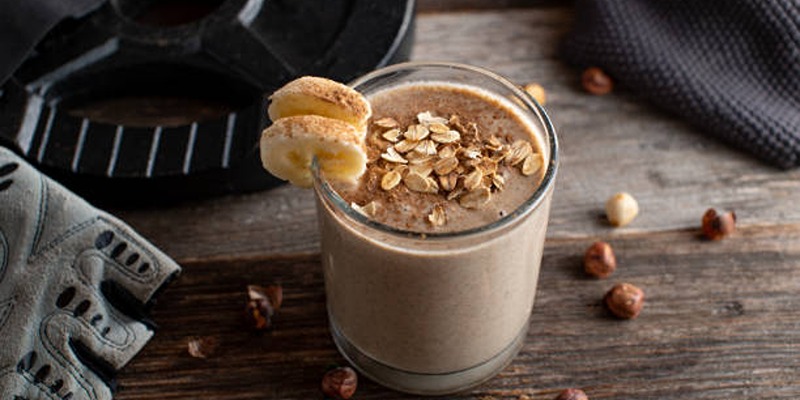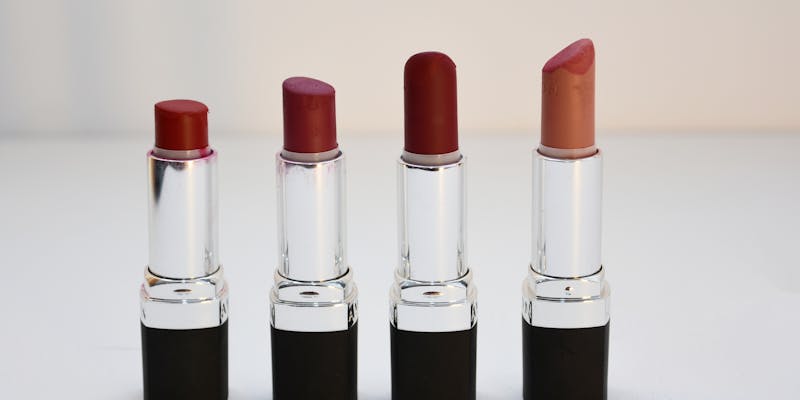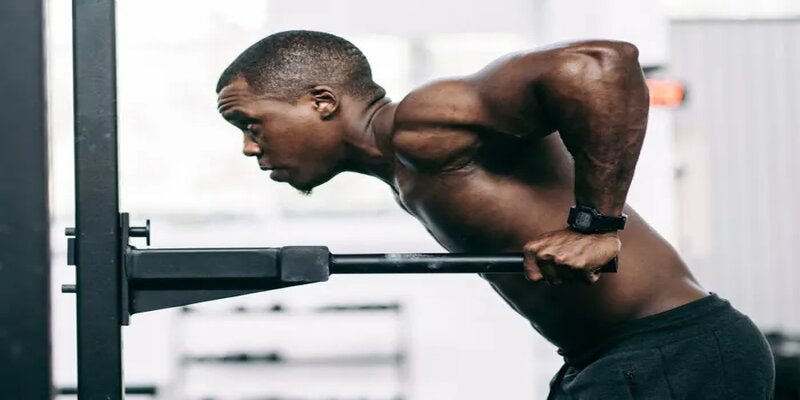Many fitness enthusiasts adhere to the belief that consuming protein immediately after a workout is essential for muscle recovery and growth. This widely accepted notion holds that a protein-rich snack or shake can optimize the body's repair processes and lead to enhanced performance outcomes. However, recent research challenges the criticality of this post-workout ritual, suggesting that the anabolic window may not be as narrow as once thought. The urgency to replenish one's protein stores immediately after lifting weights or completing an intense cardio session may potentially be overstated. This evolving perspective invites a deeper look into the relationship between protein timing and muscle physiology, and whether forgoing the immediate post-workout protein might have the detrimental effects commonly feared by athletes.
Role of Protein in Muscle Recovery
Protein is undoubtedly a crucial nutrient for muscle recovery, growth, and repair. When we exercise, our muscles experience small tears and damage that need to be repaired. Protein provides the necessary amino acids, the building blocks of protein, to repair these damaged muscles and stimulate new muscle growth. Additionally, protein helps prevent muscle breakdown during intense physical activity, promoting overall muscular strength and endurance. For these reasons, protein consumption is essential for anyone looking to improve their athletic performance and physique.
Research on Post-Workout Protein Timing

Traditionally, the anabolic window refers to the time frame immediately after a workout when it is believed that the body is most receptive to protein intake. This belief stems from studies conducted in the late 1970s and early 1980s, which suggested that there was a limited time frame of approximately 30 minutes after exercise during which protein ingestion had the most significant impact on muscle protein synthesis (MPS). This anabolic window theory gained popularity and became widely accepted among fitness enthusiasts and athletes, leading to the common practice of consuming protein immediately post-workout.
However, more recent research has challenged the anabolic window theory and its perceived significance. A study published in the Journal of the International Society of Sports Nutrition found that muscle protein synthesis rates were elevated for up to 48 hours after resistance training, indicating that there may not be a narrow window for optimal protein intake post-workout. Other studies have also shown that delaying protein consumption by one or two hours after exercise does not significantly affect muscle protein synthesis rates. This suggests that the anabolic window may actually be much wider than previously believed.
Potential Drawbacks of Skipping Post-Workout Protein
The belief in the criticality of immediate post-workout protein consumption has led to a widespread fear among athletes and fitness enthusiasts regarding the potential drawbacks of skipping this ritual. Many worry that delaying protein intake may lead to muscle loss or hinder muscle growth. However, research has shown that the body's ability to repair and build muscle is not significantly impacted by delaying protein consumption by a few hours.
Additionally, for some individuals, consuming a protein-rich snack immediately after a workout may cause digestive distress or discomfort. This can ultimately hinder performance and negate any potential benefits of post-workout protein consumption. In these cases, it may be more beneficial to wait until the body has had time to recover before consuming a protein-rich meal or snack.
The Body's Adaptability and Protein Absorption
While there may not be a critical anabolic window for optimal post-workout protein intake, the body is incredibly adaptable and can efficiently synthesize and utilize protein over time. Furthermore, research has shown that the rate of protein absorption depends heavily on the type of protein consumed, with slower-digesting proteins such as casein providing a sustained release of amino acids over several hours.
Individual Differences in Protein Needs

It's also important to note that every individual has different protein needs based on factors such as age, gender, body composition, and activity level. The general recommendation for protein intake after a workout is approximately 20 grams of high-quality protein. However, this may vary depending on an individual's specific goals and needs.
Moreover, the timing of protein consumption may be more critical for endurance athletes who engage in prolonged and intense physical activity. In these cases, consuming carbohydrates along with protein immediately post-workout may help replenish glycogen stores and promote muscle recovery.
Alternatives to Immediate Post-Workout Protein Intake
While post-workout protein consumption is still essential, it may not be as critical to consume it immediately after a workout. If consuming protein directly after exercise is not feasible or preferred, there are other ways to ensure the body receives adequate protein for muscle recovery and growth. For instance, spreading out protein intake throughout the day or incorporating protein-rich foods into meals can provide a sustained source of amino acids for muscle repair and growth.
Conclusion
While protein is vital for muscle recovery and growth, the belief in the critical anabolic window may not hold as much weight as once thought. The body's ability to adapt and utilize protein over time means that delaying post-workout protein intake by a few hours is unlikely to have significant negative effects on muscle recovery. Individual differences in protein needs and alternative ways to incorporate protein into the diet also make it possible for athletes and fitness enthusiasts to meet their protein requirements without strictly adhering to immediate post-workout protein consumption. Ultimately, finding a balance that works best for an individual's goals, preferences, and body is key when it comes to optimizing muscle recovery and growth through protein intake.







